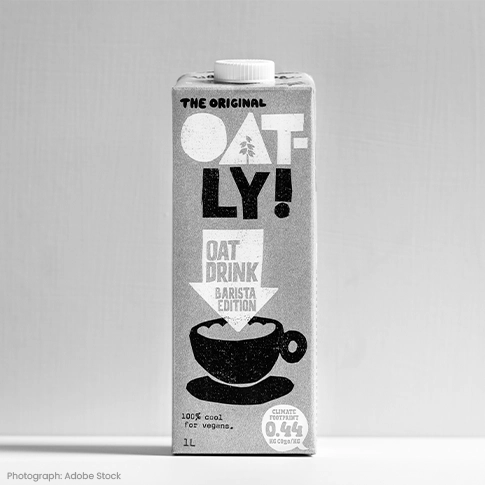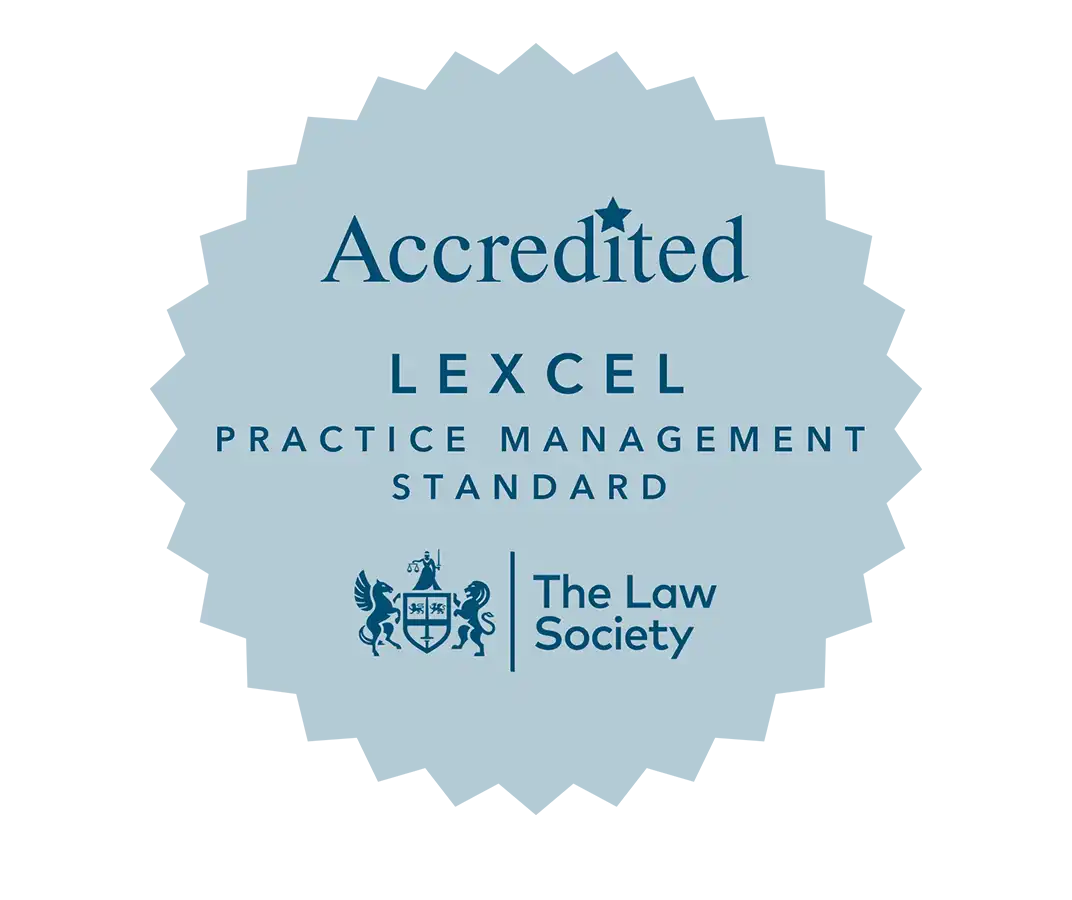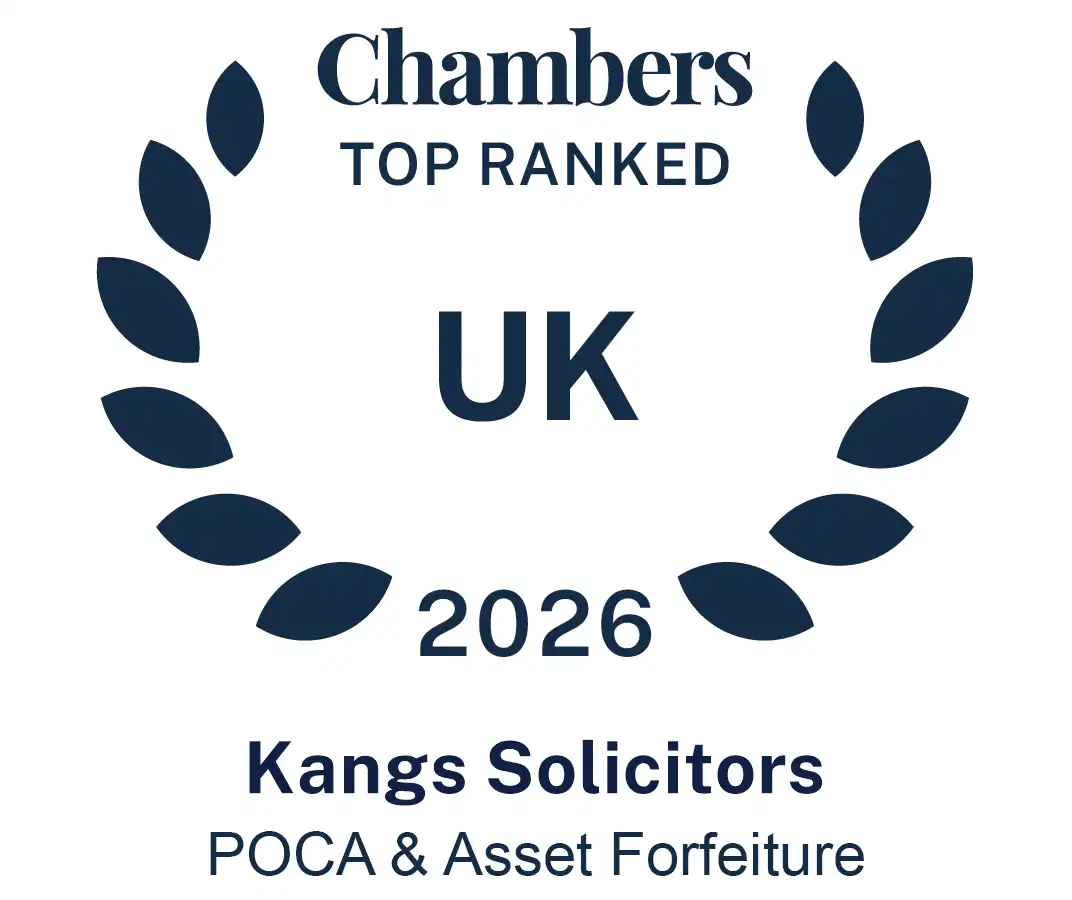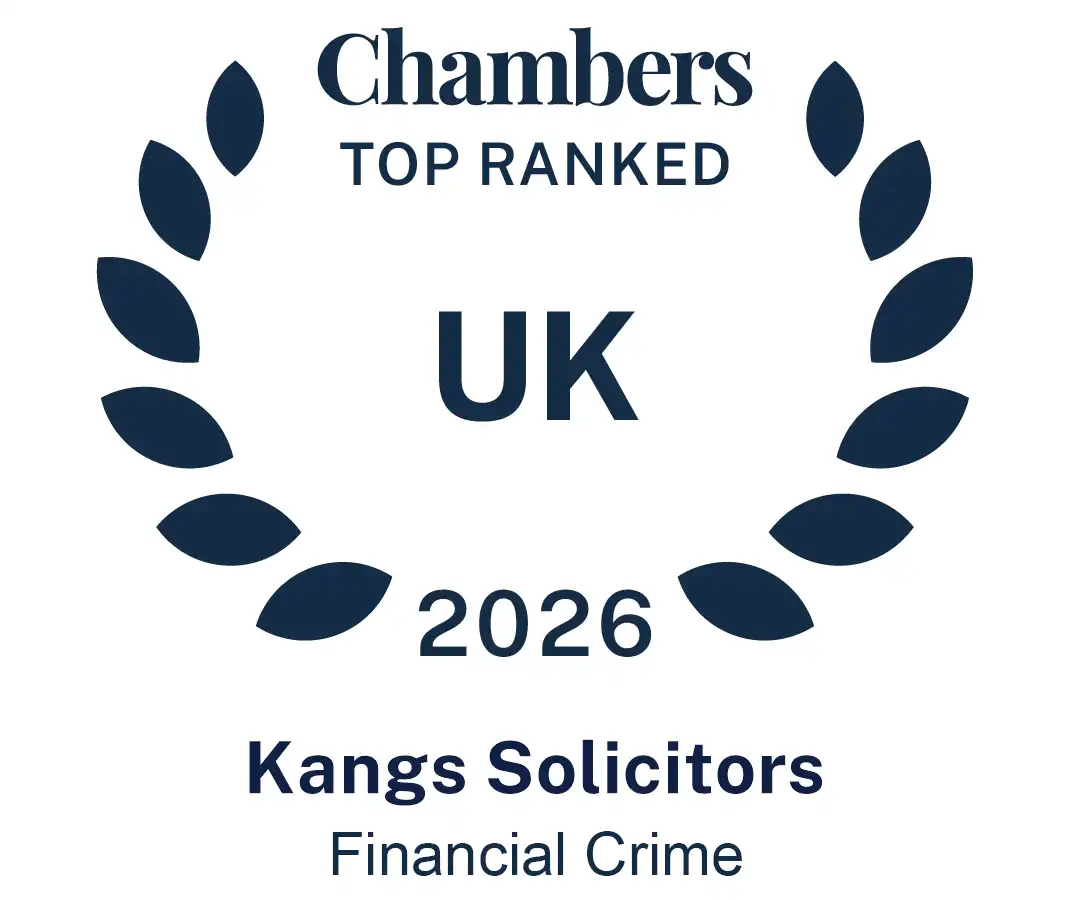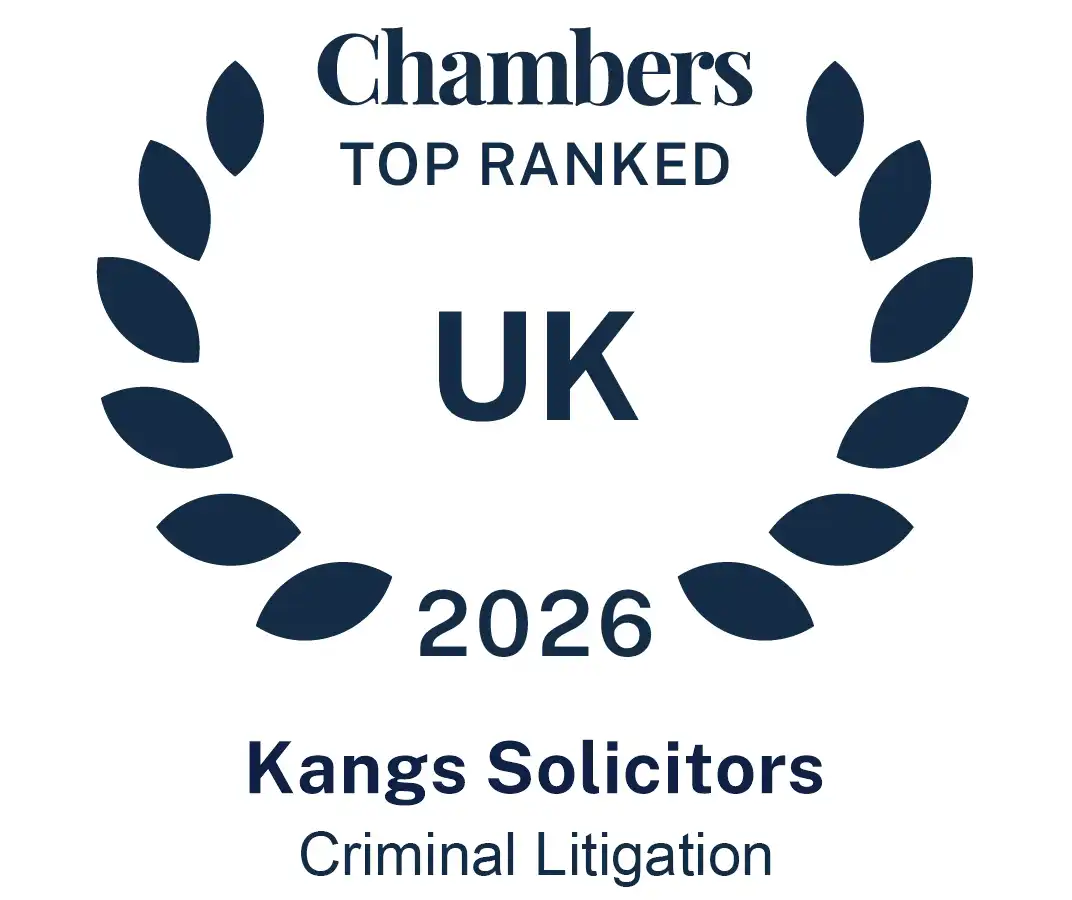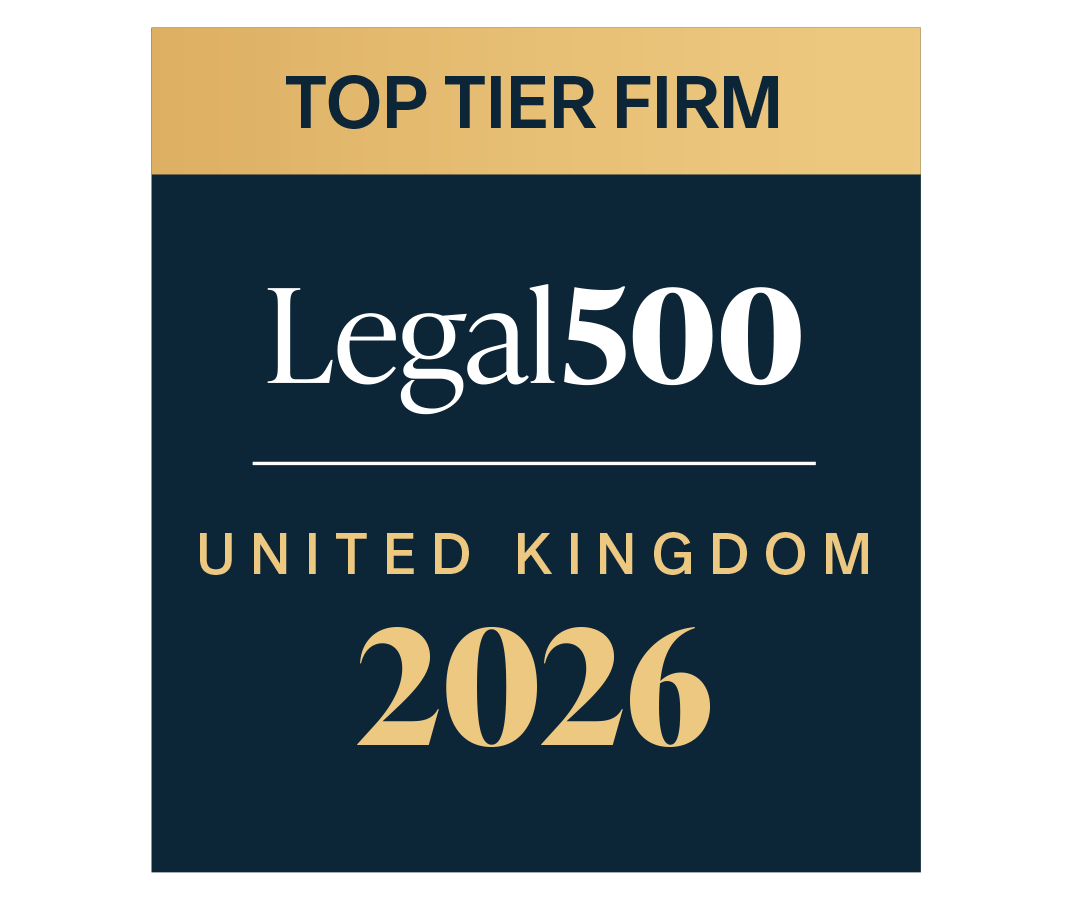Trade Marks
Experts in Trade Mark Law
Trade marks serve as a one of the few crucial registrable mechanisms for protecting a brand and facilitating its commercialisation. A well-established brand or trade mark can build goodwill among customers, which translates into customer loyalty and trust. It helps in creating a unique identity for a business, making it easier for customers or clients to recognise and remember the brand, and distinguish it from competitors.
Additionally, a trade mark provides legal protection against unauthorised use. It grants the owner exclusive rights to use the Mark for the goods and/or services it is registered for, making it easier to enforce these rights in case of infringement.
Whether you are facing allegations of infringement or seeking to enforce your rights against unauthorised use, our trade mark lawyers provide strategic and tailored representation. We offer comprehensive support across the entire trade mark lifecycle from initial registrations and renewals to resolving issues such as trade mark infringement.
Our trade mark lawyers can represent you across all areas of trade mark law:
- Assist you in Registration of your Mark within the UK,
- Act as agents for registrations in the EU and USA with vetted and approved agents,
- Our Trade Mark Monitoring services will actively track new applications for potential infringement,
- Advise on Trade Mark Exploitation including licensing agreements, co-existence agreements, sales agreements,
- Court representation for Trade Mark Infringement / Opposition / Revocation & Cancellation through either UKIPO, IPEC or the High Court.
Why Choose our Trade Mark Lawyers
The trade mark team at KANGS is dedicated to providing comprehensive trade mark services tailored to meet the unique needs of each client. Our lawyers are committed to ensuring your intellectual property and brand is protected. Call and arrange a consultation where we can assist you in navigating the complexities of trade mark law and take the next step towards securing your brand's future.
For further information regarding trade marks, please see our Frequently Asked Questions.
Testimonials
Got a question?
Contact KANGS
The expert lawyers at Kangs are available to assist you. We can arrange initial consultations in person, by video call or telephone.
Please contact one of our experts listed below or contact us at:
What can be a Trade Mark?
A trade mark is capable of being a plethora of elements. Commonly, trade marks are usually:
- Brand names or slogans
- Symbols or designs;
- They might be a jingle (think Go.Compare or Direct Line)
From time to time, they may also be:
- A shape (Virgin Cola tried it with the ‘Pamela’ bottle)
- A colour (Cadbury’s dairy milk (purple) or what was Orange Telecomms ‘Orange Square’)
- Patterns or holograms
s1 Trade Marks Act 1994 (‘TMA’) provides the framework of what may be a registered trade mark within the United Kingdom:
In this Act, ‘trade mark’ means any sign which is capable -
- of being represented in the register in a manner which enables the registrar and other competent authorities and the public to determine the clear and precises subject matter of the protection afforded to the proprietor, and
- of distinguishing goods or services of one undertaking from those of other undertakings.
A trade mark may consist of words (including personal names), designs, letters, numerals, colours, sounds or the shape of goods or their packaging. References in this Act include, unless the context otherwise requires, references to a collective mark or certification mark.
Why are Trade Marks important?
Trade marks are important because they are the first thing that makes a consumer aware of a brand. They are the ‘recognition factor’ for the brand as they assist in consumers easily identifying and remembering a trader’s goods or services.
Whilst not all trade marks need to be registered in order to protect them, by securing a registration, it is a ‘prima facie’ assumption that a trader has obtained ‘reputation’ and ‘goodwill’ in their product and the unlawful use of said trade mark, without permission or otherwise, amounts to detriment, enabling ‘damages’ or an ‘account of profits’ to be claimed. If it is necessary to pursue a claim for infringement, having a trade mark registration makes the claim much easier because of the prima facie assumptions.
Securing a trade mark registration, provides the trade mark owner with the exclusive rights over that Mark. These rights may then be exploited for the goods and/or services for which it is registered. Registration will provide a stronger argument to trade mark owners when enforcing those rights by preventing competitors using a similar or identical mark for similar or identical goods or services.
A strong trade mark can help a business become synonymous with particular goods or services even if the consumer does not use or buy those goods or services for example, the ‘golden arches’ or the ‘swoosh’.
Registration of a trade mark, within the UK, provides an initial 10-year monopoly. The mark can be re-registered every 10 years, subject to the payment of the appropriate renewal fees. A registered trade mark is a valuable intangible asset that can help increase the value of a company.
On achieving registration, the trade mark owner is entitled to use the ® symbol after a representation of the Mark. However, it is a criminal offence to use the ® symbol in circumstances where the Mark is not registered.
Unregistered Trade Marks
Whilst there is significant benefit to securing trade mark registration insofar as it is possible to secure trade mark registration, it is not necessary to do so. As England and Wales is a common law jurisdiction, trade mark rights can be acquired ‘naturally’. It also means that a trade mark owner, who has not gone through the registration process enabling them to use the ® symbol, may simply use the symbol “™” at the end of any representation of the Mark.
The use of the “™” symbol simply denotes that the trade mark is the trade mark of the proprietor.
However, in circumstances where an infringement arises, the onus vests with the trade mark proprietor to establish the ‘trinity’ in order to be successful in any formal dispute for ‘passing off’.
To successfully establish passing off, the trinity that must be proven is that:
There is goodwill and reputation associated with the trade mark owner’s brand;
There is a trader using, in the course of business, a mark that is confusingly similar / identical to the trade mark owner’s brand and that unauthorised use has created legitimate confusion in the marketplace; and
The unauthorised use and the confusion has caused the trade mark owner to suffer loss and damage.
If the trade mark owner can evidence the ‘trinity’, then they may ask the Court to grant a remedy. This could include an Injunction preventing the continued use by the other trader of the ‘confusingly similar or identical’ mark, or to be awarded damages, or if preferred, an account of profits.
Passing off is a significant tool that assists trade mark owners who have not protected their trade mark rights, through registration, and can assist in preventing rogue traders from trying to take an unfair advantage through ‘unacceptable commercial practice’. Whilst a separate ‘tool’ for businesses to protect their intellectual property rights, it can be considered to be complementary to the rights afforded to registered trade mark owners in protecting their trade marks.
Trade Mark Registration Process
The UK, via the UK Intellectual Property Office (‘UKIPO’) operates a fairly quick and robust process for securing trade mark protection within the UK.
Trade marks, on the basis that they satisfy s.1 Trade Marks Act 1994, are defined by ‘class’. The UK, like much of the world, uses the NICE classification. This is so that there can be harmonisation of trade mark protection throughout the world.
On deciding the appropriate ‘class’ for your trade mark (it is possible to secure more than one class but following the decision of Skykick, simply filing a broad scope of classes, is not necessarily beneficial to trade mark owners anymore and may give rise to the Mark being challenged), it is also necessary to determine how you want your Mark to be registered and what the Mark is going to be:
- Is the Mark a WORD mark or a device Mark (or is it a combination);
- Is the Mark a colour mark (and if so, is a specific colour being claimed) or black and white;
- Is it a series Mark (subtle, minute differences between the Marks being all capitalised and then being all lower case, or having a space between the Mark rather than none)
Once the Mark has been filed, it will be examined by the UKIPO to ensure that it meets the requirements of the Trade Marks Act (TMA). On the basis that the Mark does meet the TMA requirements, the Mark will be put forward for advertisement. If during the 10 weeks advertisement period there is no formal Notice of Opposition filed (filed by a legitimate ‘complainant’ rather than someone without standing), the Mark will stand as registered.
Having a UK trade mark is beneficial for international traders because it (the UK registration) can be used as the basis for applications in other jurisdictions, enabling trade mark owners to claim priority from the UK date of filing.
Latest News & Insights
Milk Or Is It? | Oatly Appeal Dismissed
Get in touch
Send an enquiry





